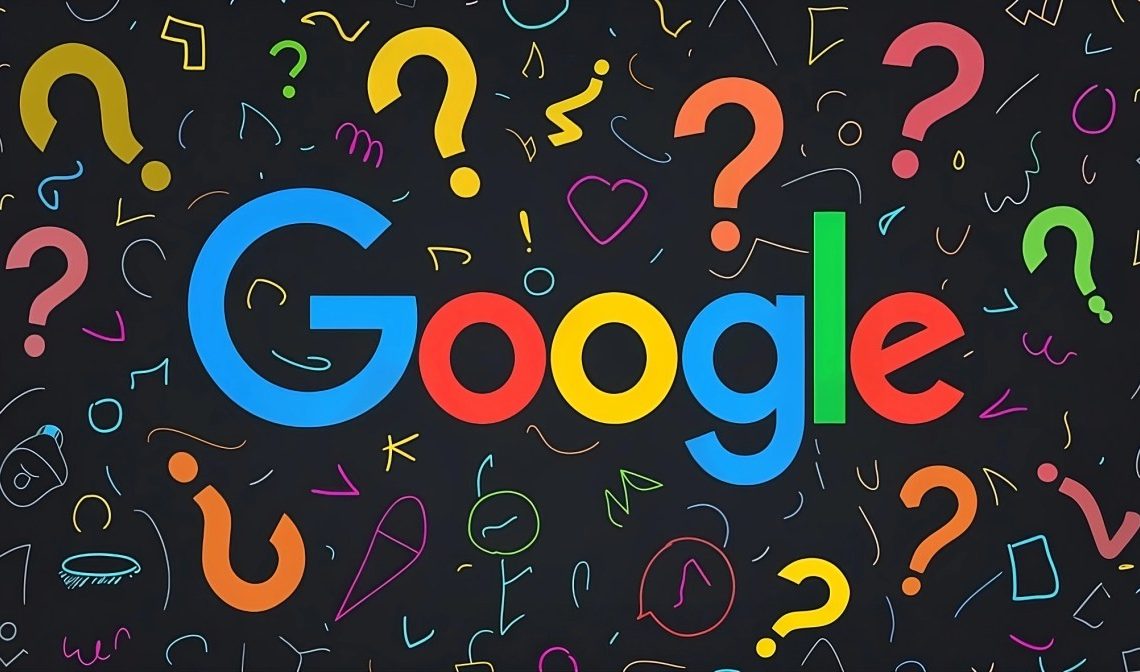
Google has made a mess of its AI strategy, leaving many consumers baffled by the barrage of new names, products and features released in recent weeks. The company’s chaotic approach threatens to undermine public trust in AI, and perhaps more importantly, Google itself. In the past few weeks alone, Google has unveiled a dizzying succession of AI offerings — Bard, Gemini, Gemini Advanced, Gemini 1.5 Pro, Gemini for Workspace, Gemini Business and Gemini Enterprise
The rapid-fire rebranding and product launches have spawned mocking internal memes from Google employees, in addition to many Twitter users who seem unable to keep pace. This scattershot launch strategy leaves users struggling to grasp what’s what: Bard became Gemini, while Gemini also refers to the underlying AI model. Multiple flavors of Gemini exist, not all with the same capabilities. Availability varies across regions, languages and Google products.
The introduction of (Bard) Gemini Business ($20/month) at a new price tier sits beneath Gemini Enterprise ($30/month) like a matryoshka doll, a nested enigma within an enigma, where the former Duet AI for Workspace Enterprise once stood. Google Cloud CEO Thomas Kurian’s recent tweets, while aiming for transparency, are a testament to the messy taxonomy that Google has spun.
The problem is that Google has failed to explain why users should care about Gemini for Workspace, or how it differs from the previous versions of its AI assistant.
The company has also confused users with its inconsistent and overlapping naming schemes, which include Gemini, Gemma, Goose, Duet, Duo and more.
Google’s AI branding strategy has been so muddled that even its own employees have poked fun with internal memes and jokes. One incendiary meme shows a character from the popular television show The Office raising his hand to ask the question: “Which VP has their OKRs measured in number of AI product names produced?”
Pressure to keep up with competition
Google’s haste is understandable given competitive pressure from perhaps its most consequential rival, OpenAI. But its rushed, chaotic rollout only exacerbates public apprehension about artificial intelligence. Google has essentially forced customers into its messy kitchen to watch chefs argue over recipes. This open-kitchen spectacle doesn’t nourish or educate anyone. People just want reliable results served up cleanly on their plates.
Also Read: NotebookLM: Now Accessible to All U.S. Users
Rival OpenAI has kept branding and access simple. Despite Google’s formidable AI expertise, it has somehow lost control of the narrative. The company’s greatest innovations mean little if people don’t comprehend how to use them. Google now confronts a crisis of understanding.
To rebuild public trust, Google must start speaking plainly. No more incessant model tweaking and market testing. No more incoherent mess of names and capabilities. The company needs to deliver a coherent AI product roadmap with transparent guardrails against harm.
Otherwise, consumers may lose patience with an AI strategy too convoluted to trust. Google must simplify its messaging and streamline access if it wants people actually to use and benefit from its AI advancements. A scattershot approach helps no one — least of all Google itself.
Author: Michael Nuñez
Source: Venturebeat
Reviewed By: Editorial Team



